Every year, thousands of experienced drivers in Pennsylvania reach the milestone age of 65 and face a critical question: how does advancing age affect license renewal? Whether you’re in Pittsburgh, Philadelphia, Erie, or Harrisburg, understanding the rules is essential. Not only is staying legal important, but so is staying safe, informed, and mobile. This article offers a thorough guide for older drivers navigating Pennsylvania’s license renewal system in 2025.
Understanding the Demographics
A Growing Population of Senior Drivers
In 2024, Pennsylvania had more than 2.42 million licensed drivers aged 65 and older—a steady increase from 1.83 million in 2013. That means nearly 27% of the state’s licensed drivers now fall into the senior category. Cities such as Scranton, Allentown, and Lancaster have witnessed particularly sharp rises in this group, reflecting broader demographic trends.
Why Age Matters
Drivers 65+ in Pennsylvania are involved in a disproportionate share of crashes: around 19% of all state crashes involve older motorists, and they account for about 27% of fatalities—a sobering statistic across both urban centers and rural areas. These trends are often attributed to frailty, reaction time, vision, and physical declines—all of which can make crashes more serious.
Pennsylvania’s Senior‑Friendly Renewal Options
Four‑Year Standard License vs. Two‑Year Senior Option
Pennsylvania’s standard driver’s license is valid for four years and always expires the day after the holder’s birthday. Seniors, however, may opt for a shorter two‑year renewal period at a reduced cost—an option particularly popular in older populations across suburbs like Chester and York, where shorter renewals provide peace of mind for those monitoring their health.
Cost Comparison
Four‑year license (all ages under 65): approximately $39.50
Two‑year license (65+ only): about $20.00
Add‑on for REAL ID upgrade: $30
Seniors save nearly half the cost by choosing the two‑year renewal, a welcome benefit for retired drivers on fixed incomes.
Renewal Methods Available in 2025
Online Renewal
For eligible seniors, the most convenient method is online. You’ll need:
Valid PA license
Last four digits of your SSN
A valid credit/debit card
After processing, you’ll receive a “camera card” by mail in 7–15 business days. Simply bring it to any PennDOT photo license center for the weekly picture session, and your new license will be issued on the spot.
In‑Person Renewal
Required or optional for seniors?
Required if upgrading to REAL ID
Required if vision or health check is triggered
The only choice if your renewal notice doesn’t list online or mail options
Bring your current license and additional identification. Be prepared for a photo, a vision screening, and, in some cases, a brief health check or even a road test if flagged (more on this below).
Renewal by Mail
If your renewal invitation includes a mail‑in option, fill out Form DL‑143 and enclose a check or money order for the fee. Mail to the Harrisburg office and wait for a camera card. Then follow the same final step—visit a PennDOT center for the photo.
Renewing vs. Upgrading to REAL ID
Post‑2021, federal use of standard IDs has declined, with REAL ID becoming necessary for domestic flights and federal building access. Seniors renewing a license by mail or online must visit a PennDOT center in person to upgrade. Expect to present:
Proof of identity (e.g., passport)
Social Security card
Two proofs of PA residency (utility bills, bank statements)
The REAL ID upgrade adds a one‑time fee of approximately $30. For many seniors, especially those who travel, this upgrade is worth the added convenience.
Mature Driver Re‑Examination Program
Random Medical and Vision Screening
Pennsylvania runs a mature driver re‑examination program. Each month, about 1,900 randomly selected drivers over 45 are asked to complete vision and medical examinations roughly seven months before renewal. With around 23,000 seniors renewing monthly statewide, selection rates for those over 65 range from 15–25%.
What Triggers Additional Testing
If the vision or medical exam suggests impairment, PennDOT may require:
A written knowledge test
A road skills test
These tests are rare among seniors but do occur, especially in cities like Pittsburgh, where health issues may go unnoticed longer without regular checkups.
Special Requirements and Restrictions
Vision Testing
While vision tests aren’t mandatory for every senior every time, they become necessary if:
You’re selected in the random screening program
Your eye doctor reports visual issues
Additionally, PennDOT may impose corrective lens restrictions (e.g., “glasses required”) if poor vision is detected.
Road Tests and Written Exams
Most renewals proceed without exam retesting. But if a medical condition or previous failed exam is reported, PennDOT may require road or knowledge testing. These cases often happen in populated areas with greater medical scrutiny, such as Philadelphia and Erie.
License Restrictions
PennDOT can limit your driving under “good cause”—commonly by:
Mandating glasses or hearing aids
Specifying daytime-only driving
Restricting to local roads only
These restrictions are voluntary: many seniors appreciate the balance between mobility and safety they offer.
Insurance Impacts and Discounts
Risk Profiles and Crash Rates
Older drivers tend to drive fewer miles but have more crashes per mile, due to slower reflexes and physical limitations. Still, per‑driver crash rates in PA are below national averages, partly reflecting cautious driving habits and less night‑time driving.
Mature Driver Classes in PA
Pennsylvania endorses certain mature driver programs. Taking an approved course may earn:
At least 5% discount on auto insurance if all policy drivers are 55+
Safer-driving strategies, including braking/reflex refresher, medication/vision checks
Cities like Bethlehem, State College, and Reading offer senior driver safety workshops in community centers and libraries—a great way for older drivers to refresh their skills and save money.
Health, Safety, and Family Planning
Aging Effects on Driving
Age can bring cataracts, macular degeneration, slow reflexes, decreased flexibility, and cognitive changes—all factors affecting driving. Family members and doctors should communicate regularly with seniors about any symptoms or recent incidents like hitting curbs, “close calls,” or difficulty navigating busy traffic—common concerns in metro areas like Allentown and Scranton.
Planning When to Stop Driving
Safe driving isn’t only about license renewal—it’s about recognizing limitations. Seniors in rural spots like Williamsport or Altoona often find giving up driving especially difficult. Building a transportation plan early—rideshares, public transit, community shuttles, neighbors or family—can ease the transition.
Step‑by‑Step Senior Renewal Guide
One Year Before Expiration
PennDOT mails a renewal invitation
Decide whether you want a 2‑year senior license
Consider attending a mature driver safety course
Three to Six Months Before Expiration
Renew early online if eligible
If upgrading to REAL ID, gather documents and prepare for in‑person appointment
If Selected for Medical/Vision Tests
Complete exams quickly
Address any corrective orders (e.g., glasses)
Be ready for additional testing if flagged
Final Appointment
Visit PennDOT for photo and pick up license
Review any restrictions or endorsements listed
City‑Specific Tips
Philadelphia Metro
Renewal centers in Northeast and Center City may have longer wait times. Try mid‑week mornings. Mature driver classes are offered through Philadelphia senior centers and healthcare systems.
Pittsburgh Area
The Robinson Twp. and Swissvale centers are easier to access than downtown. Area aging‑services offices often co‑host workshops that combine license renewal info with health screenings.
Smaller Cities & Towns
In suburban and rural areas, centers in Lebanon, York, and Erie usually offer quicker service. Local senior centers frequently assist with form-filling and tech help for online or mail renewal.
Avoiding Common Mistakes
Procrastination
Pennsylvania imposes no grace period—driving with an expired license can lead to fines, points or even court dates. Renew at least 30 days before expiration, even if traveling out of state.
Missing Documents
For REAL ID or mail-in renewals, failing to submit proper ID or payments causes delays and may require a do-over. Double-check forms and keep copies.
Ignoring Restrictions
If PennDOT adds “daylight-only” or “glasses required” restrictions, follow them. Driving outside these parameters could invalidate your license and void insurance coverage.
Alternatives to Driving
Public Transportation
SEPTA (Philadelphia), PAT (Pittsburgh), and other transit systems offer senior discounts and paratransit options for those with mobility issues.
Community Ride Services
Many smaller counties have door-to-door senior ride programs for shopping, medical appointments, or social events—check your local Area Agency on Aging.
Rideshare & Volunteer Programs
Uber and Lyft occasionally offer senior discounts; religious organizations or community groups in places like Lancaster often have volunteer drivers.
Looking Ahead to 2026 and Beyond
Trends such as:
Increased use of autonomous features and driver assistance
Expansion of telehealth for remote medical clearances
Growing interest in flexible license restrictions tailored to individual ability
could shape how seniors manage licensing in the years ahead. Staying informed through local centers, PennDOT updates, or senior-service agencies will be key.
Conclusion
For seniors in Pennsylvania, renewing a driver’s license in 2025 doesn’t have to be a headache. You have options—1-year or 2-year, online, mail, or in‑person. Understanding health checks, REAL IDs, potential restrictions, and safety planning ensures you’re prepared. By staying proactive, taking advantage of senior services, and involving family or community, you can preserve independence safely.
Renew early, prepare your documents, consider a mature driver safety course, and plan your final photo trip wisely. Pennsylvania’s system offers clear paths to keep us moving—and aging—with safety, dignity, and freedom on the road.





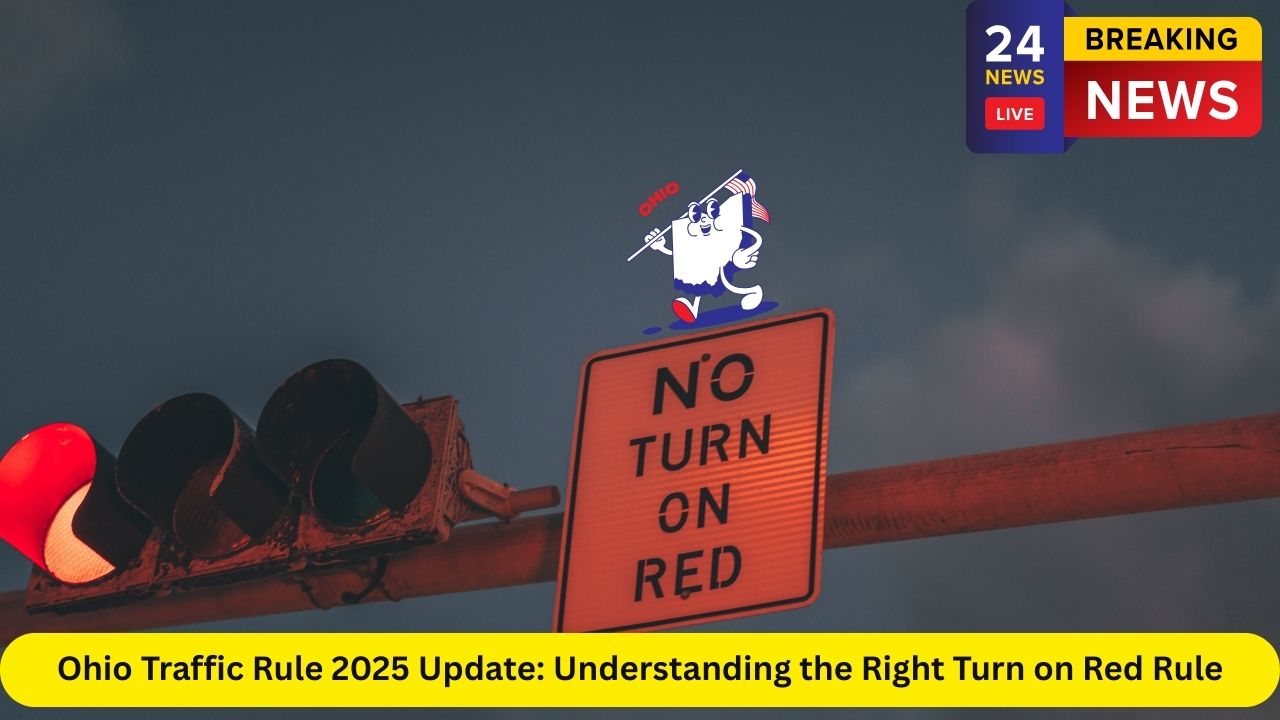

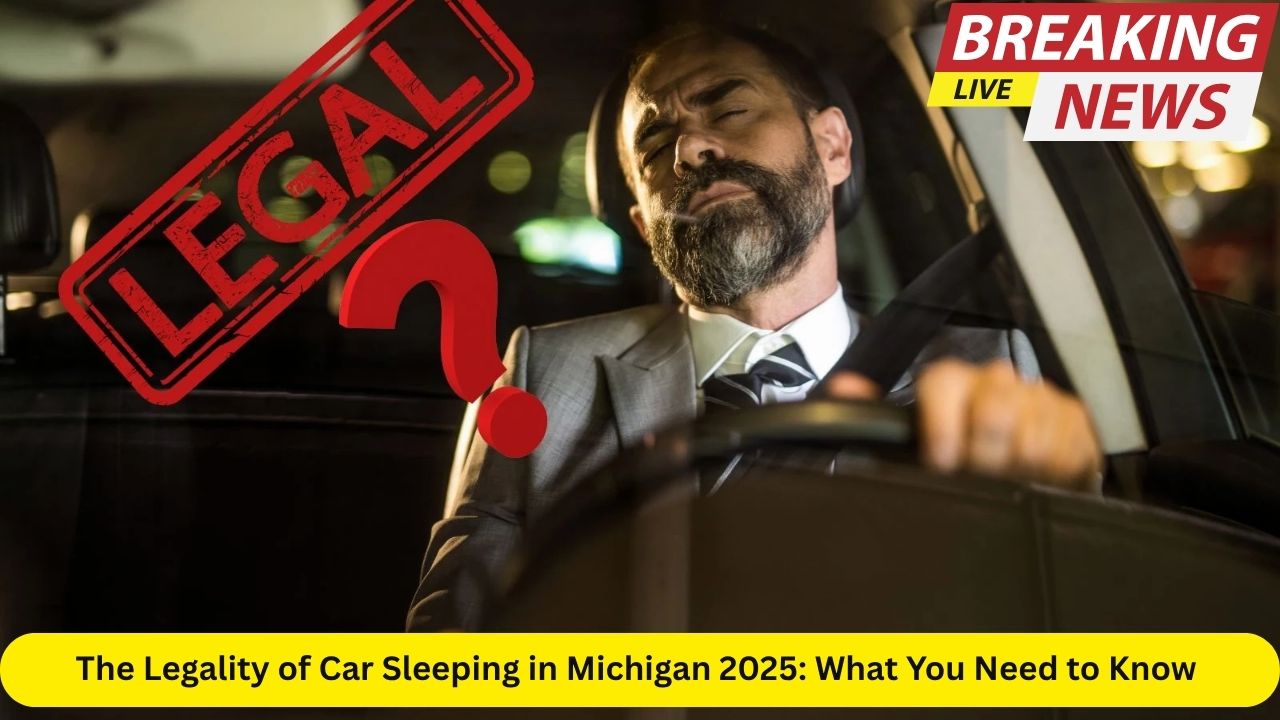

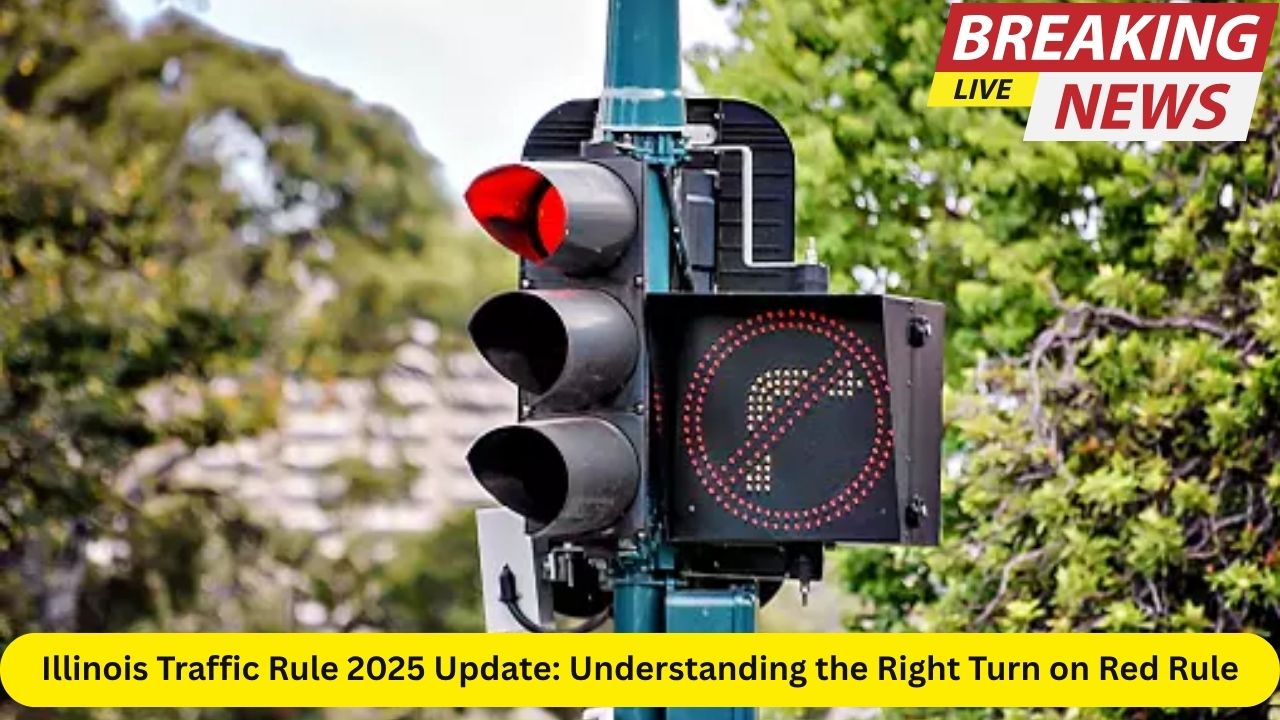

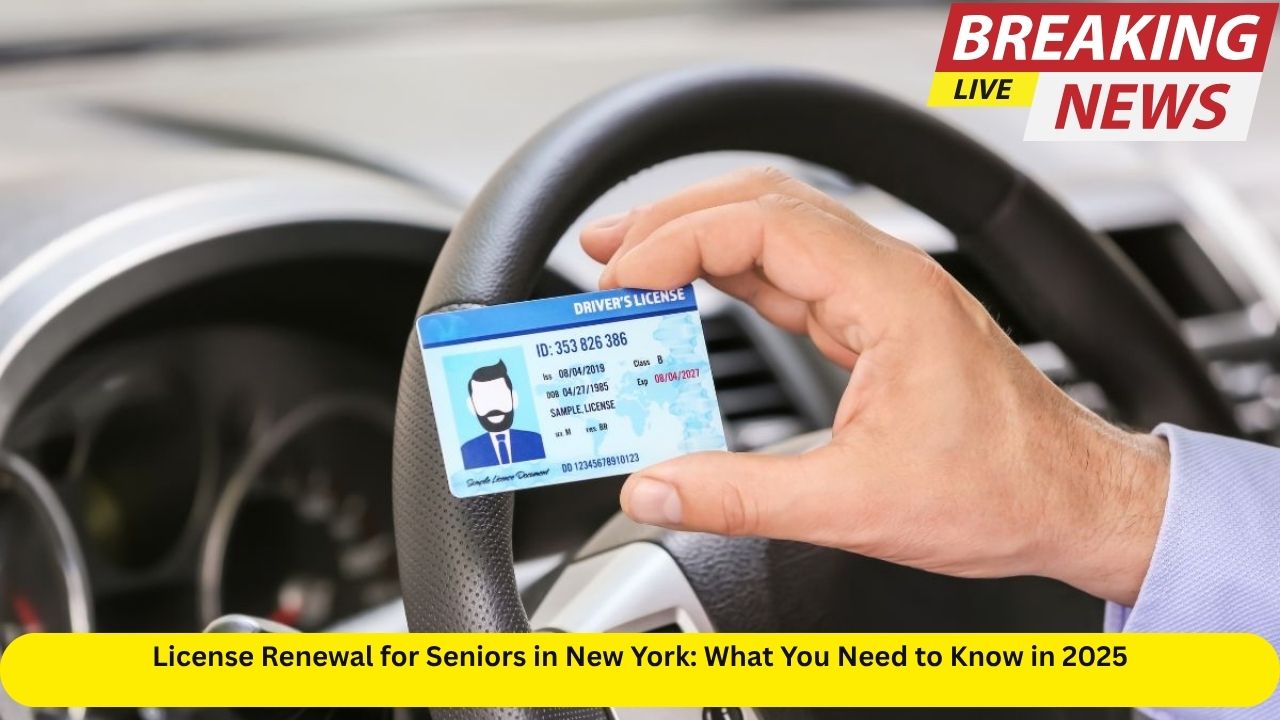


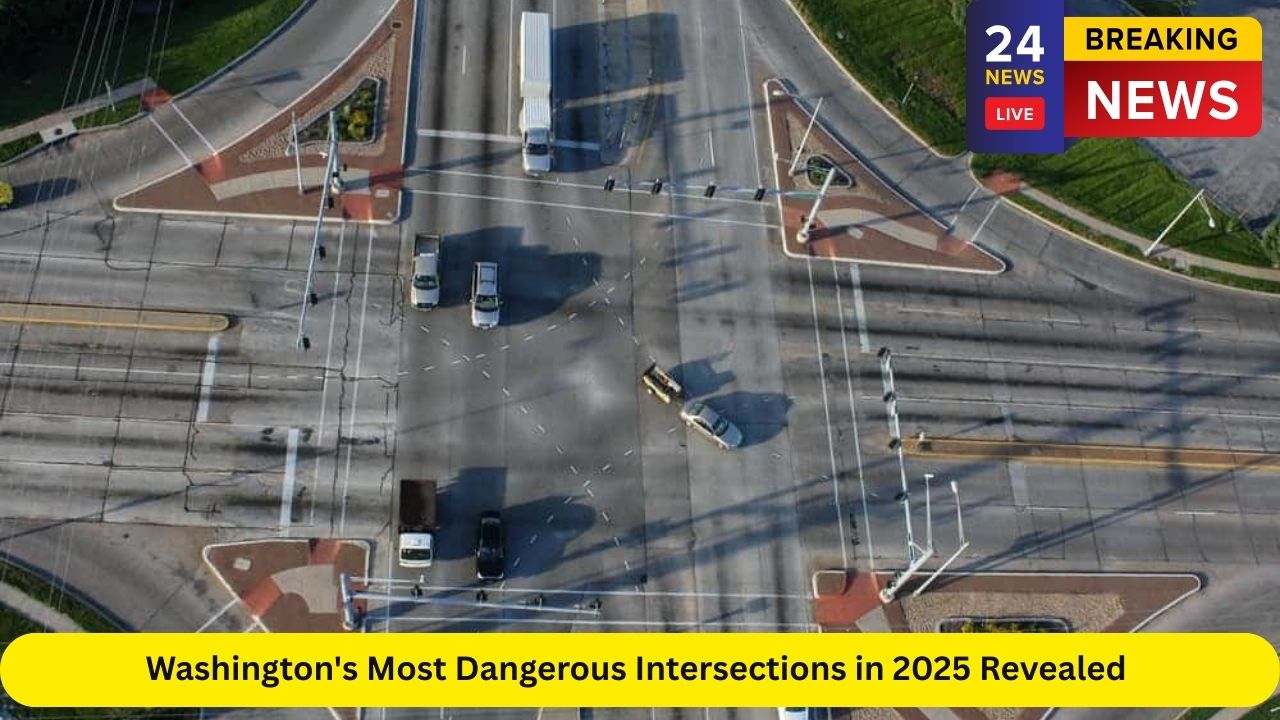
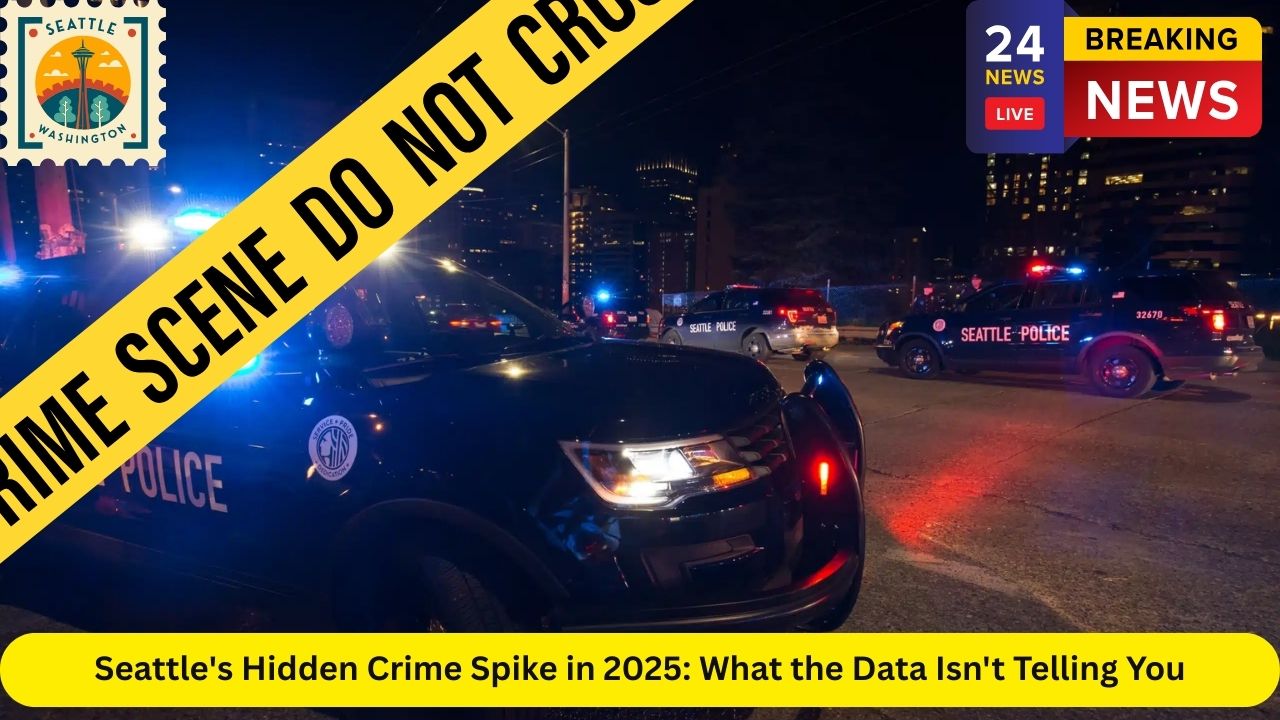
Leave a Reply